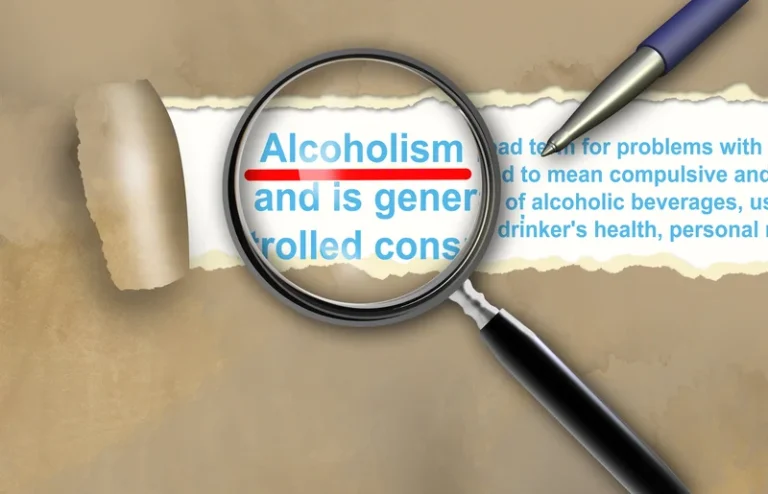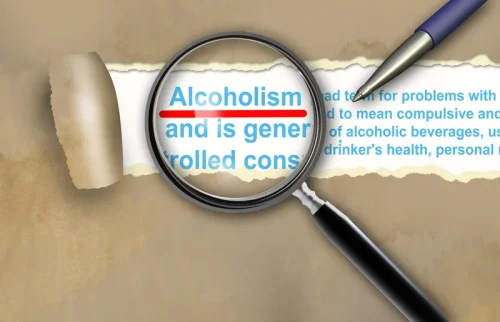
If the allergic reaction is more severe, people may require epinephrine, also known as an EpiPen. A person with severe allergies should carry one with them at all times, in case of a serious allergic reaction. If a person is allergic to a particular ingredient found in some drinks, they could switch to drinks that do not contain it. The immune system overreacts to this exposure in the body, treating alcohol as a threat.
Managing conditions
- For example, aged cheese, smoked meats, sauerkraut, wine, and beer tend to be high in histamines.
- Understanding the cause of puffiness is essential to managing and preventing it, especially if cortisol face seems to be part of a broader set of symptoms.
- Plus, avoiding alcohol lowers your risk for cancer and other serious diseases.
- Avoiding alcohol is the only sure way to prevent an alcohol-related reaction.
- In some cases, over-the-counter or prescribed medications might help alleviate symptoms.
Luke says you can look for steam or intensive conditioning options at a salon that will help hydrate the scalp. And every expert points to the Hydrafacial Keravive as an intensive in-office treatment that uses suction methods to remove dead skin cells, product buildup, and other debris. “Additionally the treatment may exfoliate and then subsequently infuse the scalp with nourishing ingredients, peptides, or growth factors,” says Luke. Dermatitis herpetiformis is a skin condition where you develop a very itchy rash. It is caused by intolerance to a food ingredient called gluten.

Histamines
It’s available in preloaded syringes, known as epinephrine auto-injectors (e.g., EpiPen). If your doctor prescribes an epinephrine auto-injector, you should carry it with you at all times. Then go to your nearest emergency department for follow-up care. Alcohol intolerance can cause immediate, uncomfortable reactions after you drink alcohol. The most common signs and symptoms are stuffy nose allergic reaction to alcohol and skin flushing.
What are the symptoms of alcohol intolerance?

Alcohol contains metabolites, which are substances produced during metabolism. One study of 948 individuals found that 7.2% self-reported wine intolerance. An inherited metabolic disorder means you got this condition from your parents — they each passed down a mutated (changed) gene that resulted in this disorder. Even if your parents don’t have the condition, they can pass it to you. Avoiding alcohol is the only sure way to prevent an alcohol-related reaction.

When the immune system views something (an allergen) as a threat, it attempts to defend the body. When it does this, antibodies known as immunoglobulin E (IgE) react with cells to cause an allergic reaction. When it comes to allergies to any component of an alcoholic drink, you must never consume it. The type of yeast used to ferment many alcoholic beverages and to make dough rise is known as brewer’s yeast or baker’s yeast. If you have an extreme sulfite sensitivity or are at risk of anaphylaxis, you will need to carry an EpiPen to self-inject yourself with epinephrine (adrenaline) in the event of an emergency. While organic wines cannot add sulfites to their products by law, some contain enough natural sulfites to trigger a reaction in sensitive people.
Alcohol allergies
Antihistamines like Allegra (fexofenadine) and Zyrtec (cetirizine) can help alleviate histamine intolerance symptoms. However, the best treatment is the avoidance of histamine in the foods we consume, including alcohol. Although red wine is especially high in histamines, all alcoholic beverages have high levels of histamine. Its symptoms are usually more painful and uncomfortable than intolerance symptoms, and in rare cases, if untreated, an alcohol allergy can become life-threatening.
Get comprehensive information on hundreds of whole allergens and allergen components. Remember, alcohol intolerance is typically a lifelong condition. But by taking precautions, individuals with alcohol intolerance can largely avoid symptoms and maintain a healthy, active lifestyle. Specifically, alcohol intolerance is related to problems with the enzymes that our bodies use to metabolize alcohol. When these enzymes are deficient, consuming even small amounts of alcohol can lead to symptoms like facial flushing and warmth. Alcohol intolerance and alcohol allergy may share certain symptoms, but they are two different conditions.
- The enzyme diamine oxidase breaks down histamine that people consume from foods and beverages.
- Very rarely, a person may have a “true” alcohol allergy, meaning they are allergic to the ethanol in alcohol.
- However, if you’re allergic to an ingredient found in certain alcoholic drinks, dishes which contain that drink are not safe to eat.
- Depending on the allergy severity, a person may treat symptoms with over-the-counter medications, such as oral antihistamines, if the reaction is mild.
Is alcohol intolerance the same as an alcohol allergy?
Even drinking a small amount of alcohol (ethanol) causes unpleasant symptoms. You may notice that even after drinking a small amount of alcohol, you don’t feel great. These might be signs of alcohol intolerance, an inherited disorder. While there is no cure for this condition, avoiding alcohol helps you stay symptom-free. If you’re allergic to another ingredient contained in certain alcoholic products, switching to a different drink might be an https://ecosoberhouse.com/article/how-to-taper-off-alcohol/ option. Some people with Hodgkin’s lymphoma experience pain after drinking alcohol.

